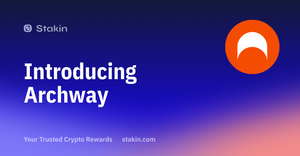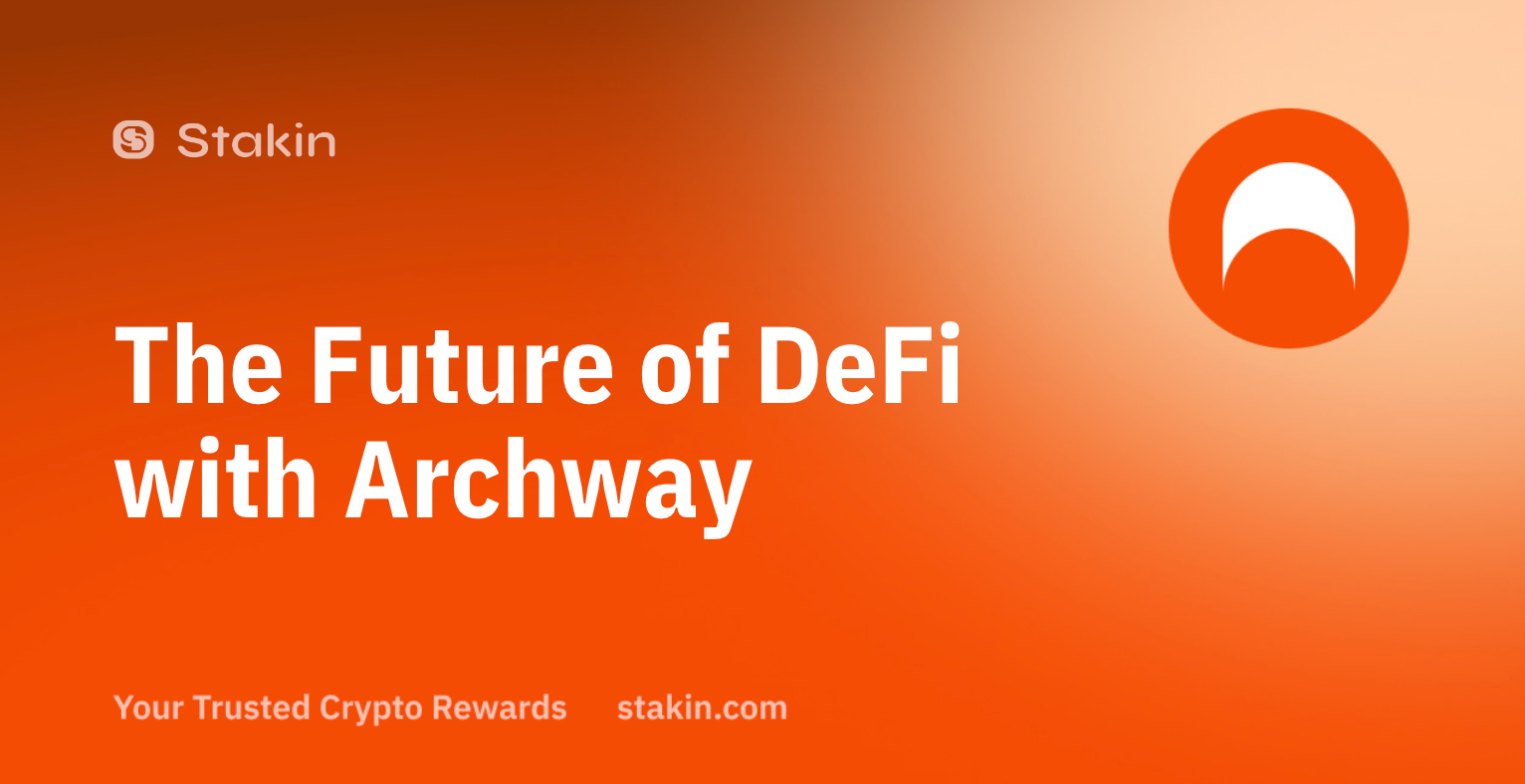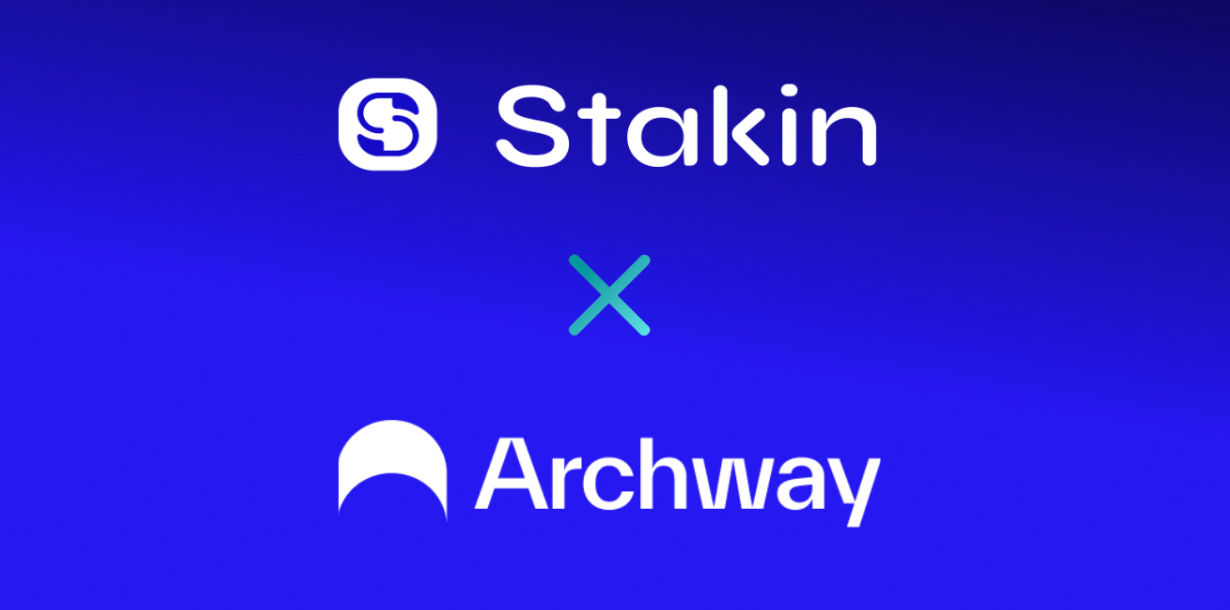Developers who build Dapps and DAOs for the Cosmos ecosystem and other blockchain platforms will soon have an even more appealing option. Archway, a Layer-1 blockchain with incentivized smart contracts, makes it easy to create and launch high-performance DApps on the blockchain. Developers are directly compensated for the usage of their Dapps.
Here’s how it works: when developers build and launch Dapps that generate usage on Archway, they’ll earn a proportional share of network fees and inflation, as well as 100% of any premium they add to their contract. Through this shared earning model, Archway aims to grow and expand its ecosystem and that of the Cosmos Hub with highly active user communities.
But more inclusive, recurring value capture isn’t the only way Archway aims to enhance the developer experience. The blockchain also has a technical design that optimizes the development process:
- The protocol provides a full WebAssembly (Wasm) implementation to support cross-language implementation.
- Web3-compatible API can be used to authenticate a user and retrieve information about blocks, transactions, token prices, etc.
- Native blockchain bridges to connect to other networks for cross-chain communication and asset transfers (outside the Cosmos ecosystem).
- Cosmos SDK and Inter-Blockchain Communication Protocol make it easy for cross-chain DApps to scale.
So, why is this different from other blockchains? Can’t developers build on top of those? Yes, but while traditionally, Layer-1’s have captured most of the value created by DApps, Archway has reversed the model by directly enabling developers to capture the value they create. By aligning incentives for both the DApps and the blockchain, Archway ensures a healthier ecosystem.
Compensating DApps
It’s important to note that value capture on Archway is built 100% into the protocol and is thus distributed to developers in proportion to the utilization of their smart contracts. Therefore, the more the DApp gets utilized, the more arch tokens will be distributed. There are three ways to earn arch tokens with your DApp, as enabled by their value capture engine:
- Gas Rebates - The gas payments received on Archway are shared 50:50 between validators and developers. This novel methodology allows smart contracts to receive a 50% refund on gas spent, which may be used to reduce user fees, incentivize community pools, and more.
- Premiums - Smart contract developers can include a premium in their smart contracts, allowing them more control over the rewards they receive. This premium is levied in addition to the network price, resulting in a seamless user experience.
- Inflation - The total supply of the $ARCH token is set to grow by 7-20% per year, depending on the number of tokens invested. Developers will receive 25% of $ARCH token inflation based on the gas fees generated by each smart contract they have implemented.
Archway's programmatic value capture ensures developers have a more significant ownership stake, hence a greater vote in on-chain governance, as the ecosystem's drivers. Developers can provide a better experience for their customers by cutting network fees, subsidizing specific transactions, rewarding participation, and more via this compensation. Dapp developers push the boundaries of innovation while establishing sustainable protocols by having an accessible interest in their protocols.
Validators, Staking, and Governance
Archway is a Proof-of-Stake (PoS) blockchain developed with the Cosmos SDK and relies on validators to protect the network. The voting power of validators is defined by the quantity of staking tokens ($ARCHs) bonded as collateral. Delegating allows $ARCH holders who lack the ability or motivation to run validators to assist in network security and be rewarded.
Here’s how validating on Archway works. Validators contribute to the consensus system by suggesting new blocks in exchange for staking incentives. Those awards (less the commission fee) are distributed to all delegators. Instead, the commission fees are credited to the validator. Validators must be in the active set for their delegated to gain incentives. The active set is a list of validators with sufficient weight (i.e., voting power) to be included. Weight is directly proportionate to the number of tokens delegated.
Final Thoughts
Archway is a Layer-1 blockchain that provides developers with a unique opportunity to earn through their contributions to the network. By incentivizing smart contracts, Archway aligns the interests of DApps and the blockchain, ensuring a healthier ecosystem. The platform offers technical optimizations such as a full WebAssembly implementation, Web3 compatible API, and native blockchain bridges for cross-chain communication. With Archway's value capture model, developers have a more significant ownership stake, leading to a bigger voice in on-chain governance. Validators play a crucial role in protecting the network, and delegators can also earn incentives by staking their $ARCH tokens. Archway's approach creates a sustainable ecosystem that encourages innovation while benefiting all participants. Archway is an attractive option for developers looking to build and launch high-performance DApps on the blockchain.
At Stakin, we have been involved since Archway's early testnets and will be operating staking services on Archway. We also intend to publish content pieces such as this one to educate the community about Archway and raise awareness about the protocol, as well as Tech contributions such as IBC Relayers. You can delegate to our validator if you’d like to support our efforts.

DISCLAIMER: This is not financial advice. Staking, delegation, and cryptocurrencies involve a high degree of risk, and there is always the possibility of loss, including the failure of all staked digital assets. Additionally, delegators are at risk of slashing in case of security or liveness faults on some protocols. We advise you to do your due diligence before choosing a validator.



